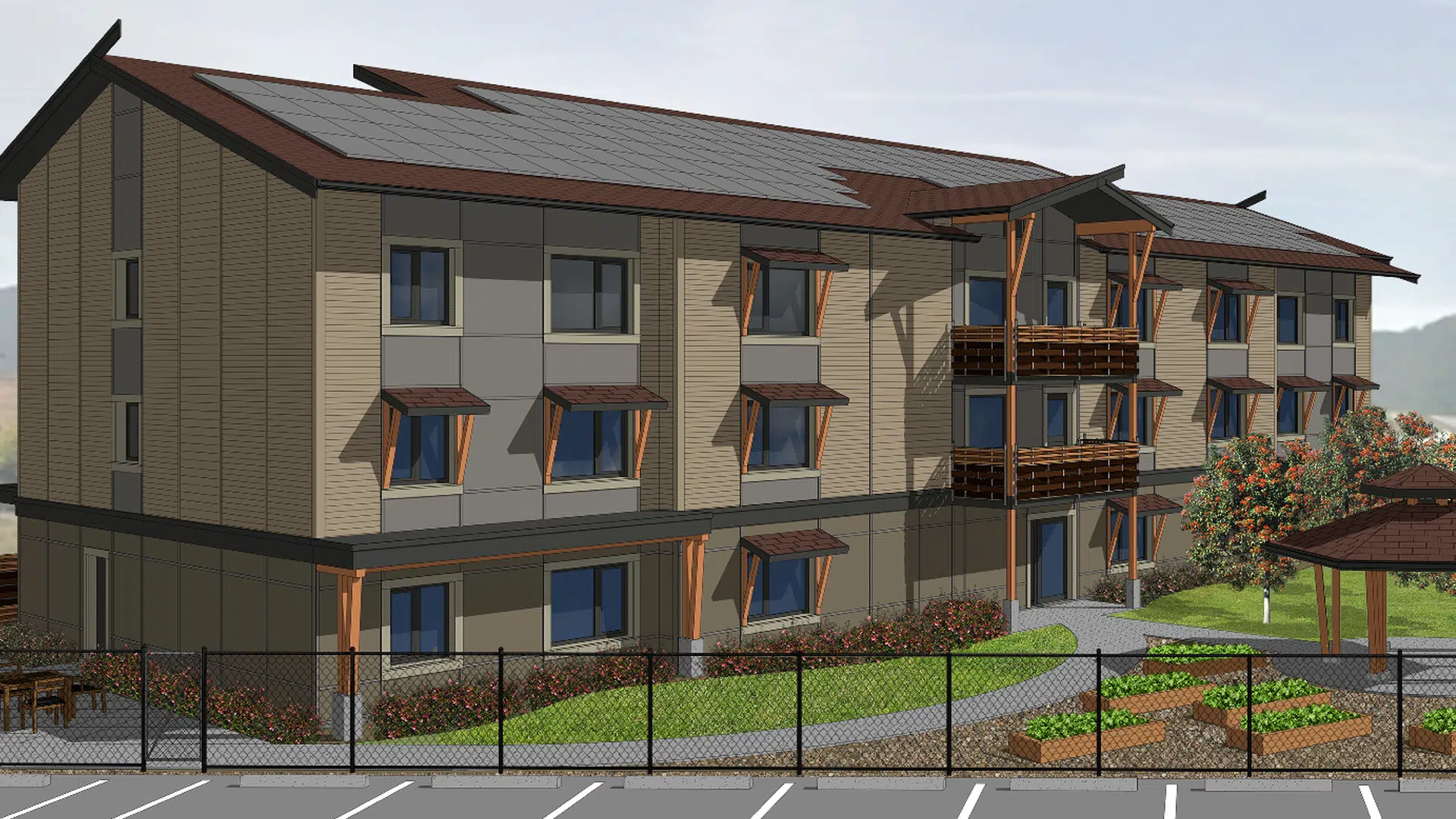
New affordable housing unit in Merritt long time coming
MERRITT, B.C. — Like any other community around the province, Merritt struggles with affordable housing, especially for those who are at risk of homelessness.
“Over the many years we’ve been in Merritt, we’ve recognized that there was a real desperate need for housing in the community,” said executive director of ASK Wellness Bob Hughes. “What’s amazing is, you’d think these small cities like Merritt or Grand Forks or 100 Mile wouldn’t have problems with housing. But in fact, it’s the polar opposite.”
Hughes noted the vacancy rate in Merritt is extremely low, one of the lowest in the province. The Canadian Mortgage and Housing Corporation cites Merritt’s vacancy rate as 2.4%. That compares to 1.2% in Kamloops


